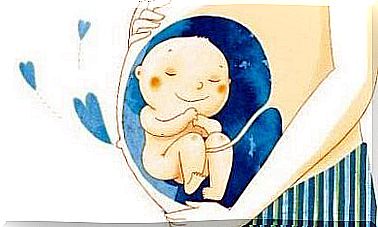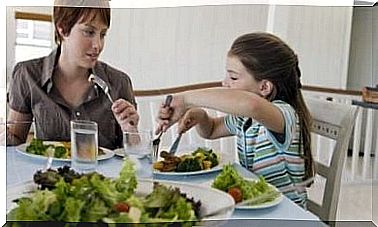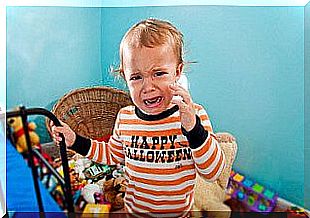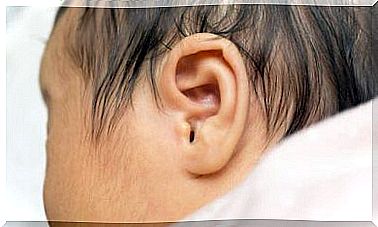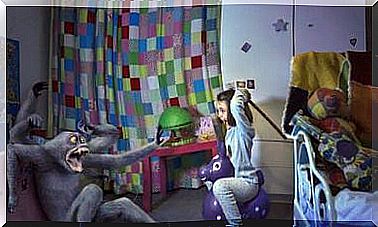The Importance Of Teaching The Value Of Friendship To Children
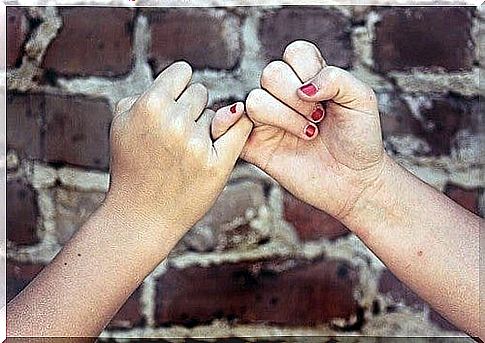
We are social animals, therefore both the family bond and that of friendship play a very important role in making us feel good about ourselves and with the environment that surrounds us.
Having friends provides emotional support, promotes excellent mental health, and great well – being at any age. Furthermore, friendship in children is very important for their social and emotional development.
Through friendships, children learn to relate to others, develop social skills, learn to be good friends and understand the bonds that exist between people.
Most children want to have friends, and those who do can boast greater trust in others and even better academic performance than those who do not.
If children have a hard time making and keeping friends, they are likely to feel lonely and unhappy, which will lead them to feel bad with the world around them. When a child feels rejected by others, his anguish towards the external environment increases.
It is very important to learn the value of friendship, to know how to be a good friend and, in addition, to have good positive friendship skills in order to help children socially to feel happy and have more self-confidence.
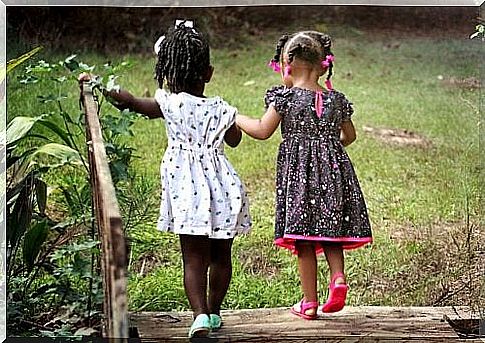
Friendship makes you happy
Having good friends makes us happy. Friendships can be made within the family, in neighborhoods, in schools and even over the internet. However, to make good friends, one must first be good friends. Being a good friend is not a skill children learn at school during recess, developing friendships takes a lot of work but it is truly one of the most rewarding things to happen in a lifetime.
What do good friends do? In order to teach children the value of friendship, they will first need to understand what good friends do. In order for them to understand what good friends must be (both they towards others and others with them), it is possible to list some good examples:
- Remember important things (birthdays, events, etc.).
- Having confidence, being a person ‘to be trusted’, being able to count on them when you need them.
- Doing good things for others.
- Use respectful language.
- Helping a friend when they are sad or have problems.
- Spending time together enjoying the experiences.
- Having fun with others.
- Love yourself in a positive way.
Friendship involves giving and receiving
Friendships involve giving and receiving, so children will share toys, time, games, experiences and feelings. Children will learn that they can have friends and that friendships will develop through mutual exchange and matching of feelings.
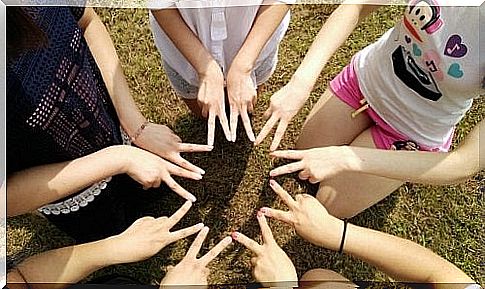
The skills children need to maintain friendships change as the little ones grow up. At the same time, children’s ideas about friendship also change as they grow up. This is reflected in age-based activities, for example two-year-olds only need a smile to play together, but 8-year-olds, in addition to trusting the other person, also need to share common interests.
It is necessary to teach children positive social skills so that they can make good friends, this means working on emotional intelligence, empathy, assertiveness, conflict resolution, etc. This will help them learn to value friendship and understand how important it is to be good friends, but also to find friendships that really bring positive things.
A good idea as a parent is to set a good example, perhaps reading him a few books that talk about the value of friendship. Over time, the little ones will learn the importance of having good friends.
